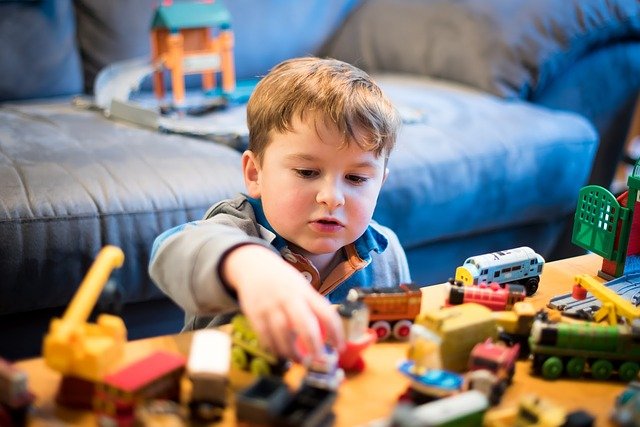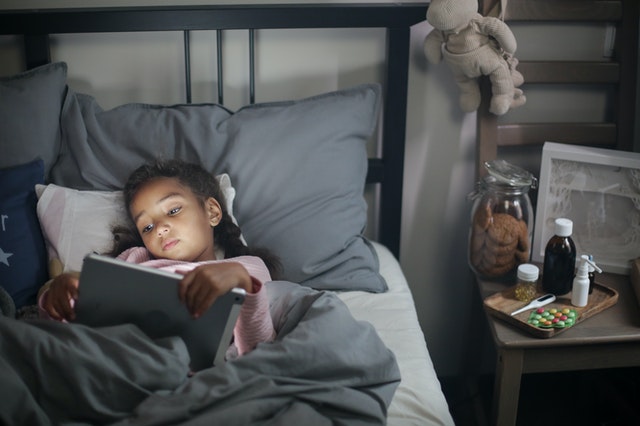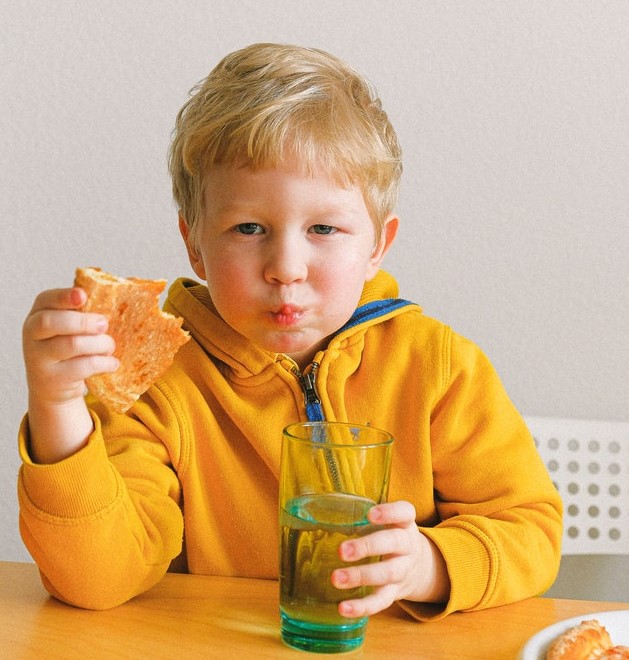As parents of children with autism and ADHD, we know how dependent our kids are on their routines. It can be really hard for them when routines need to change. That is because routines play an important part of their lives and provide them with feelings of security and stability, among many other benefits. Read on to better understand why routines are important for children, teenagers and adults with autism.
Our son J thrives with routine. When he was younger, keeping as close to his routine as we could (even while travelling) was the key to better days. He is better at adapting when his routine changes now that he is a teenager. He even creates his own routines because he is more in charge of how he spends his days. Of course, he has requirements such as school, meals, showers, chores and other necessary tasks. He works in his time for his special interest, which happens to be video games at the moment.
Routines are a bedrock for people with autism. Why? Here are 14 reasons.

1. Promote predictability
Our world can feel chaotic and unstable. Routines provide our children with autism and ADHD the predictability they crave in life. Each day is easier to face when we know what our daily schedule will bring.
2. Feeds the need for repetition
Children with autism need repetition. Many tend to say phrases or words over and over again, or they repeat an action. Having a routine can feed this need for repetition in their lives.
3. Helps them deal with depression and/or anxiety
Many of our kids also may be dealing with depression or anxiety. Routines can provide some stability and help reduce both of these feelings.
4. Provides a sense of well-being and stability
A routine can help our children feel well and stable. They feel more stable when they have routines and know what is coming next in their day.
5. Gives them a sense of order
Our kids with autism crave order in their lives. (Okay, I’m not on the spectrum, but I admit that I like some order in my life too, so I can relate!) In a world that can be unpredictable and chaotic, having a sense of order can help our kids better handle the challenging situations they encounter.

6. Relieves stress
Both autism and ADHD present a lot of challenges for our children and teenagers and having routines can help relieve stress. If your child has stress relief, then that also helps your whole family too. I know as a parent that when our son J is not dealing with a lot of stress, then it is more peaceful in our home. I too have a greater sense of calm.
7. Comes naturally to them
Children with autism naturally lean toward and embrace routine. It feels normal to them.
8. Makes things easier to learn
When a child is under less stress and feels stable, they are better able to learn new things and retain that knowledge. Routines make it easier for a child to work on improving a behavior or learning a new task or social skill.
9. Helps them through change and transition
We all know that it’s hard to go through changes and transitions. It’s especially difficult for our children with autism and ADHD. Routines help our children feel more settled, so they can better handle changes or transitions from one activity to another. They also can manage through bigger changes if their routines are in place.
10. Reduces power struggles
The consistency of routine can help reduce power struggles between you and your child.
11. Improves cooperation
Routines can improve your child’s cooperation when you ask them to do something.

12. Creates a stronger parent-child relationship
With less stress and more stability, routines can help you develop a stronger relationship with your child.
13. Thrive in environment of structure
Routines provide structure for your child’s day. People with autism tend to function better within a strong structure, and it allows them to learn and thrive in their lives.
14. Fosters security
A routine provides security for your child. They feel safer within the boundaries of their routines because they know what is next in their day.
Helping your child be flexible when needed

While there are many benefits and reasons why routines are important to your child with autism and ADHD, it’s also important that they can be flexible at times when they need to change.
Communication is the key to informing your child in plenty of time that their routine has to change and why. It could be a short-term or even a one-time change due to a special activity or visit from family or friends. Or it could be a longer term change such as a move to a new home or even a new city. Whatever the reason for the change, let your child know ahead of time.
Two good tools for helping with this communication are visual schedules and Social Stories™. Visual schedules can assist in letting your child know what changes will happen in their day and what activity will be displace their normal routine. Social Stories can be helpful in explaining why. It may be a fun reason like a visit to the park with family friends that changes their lunch and early afternoon routine. It could be going to see a play at the theatre that causes their bedtime routine to start later. The new activity could be a doctor’s appointment that displaces part of their day’s normal activities. Whatever the change, advanced notice of the change will help them adapt easier.
What are the reasons routine is so important for your child with autism and ADHD? How have you helped them when their routine has to change? Leave a comment below, so we can encourage and support one another on this journey!








